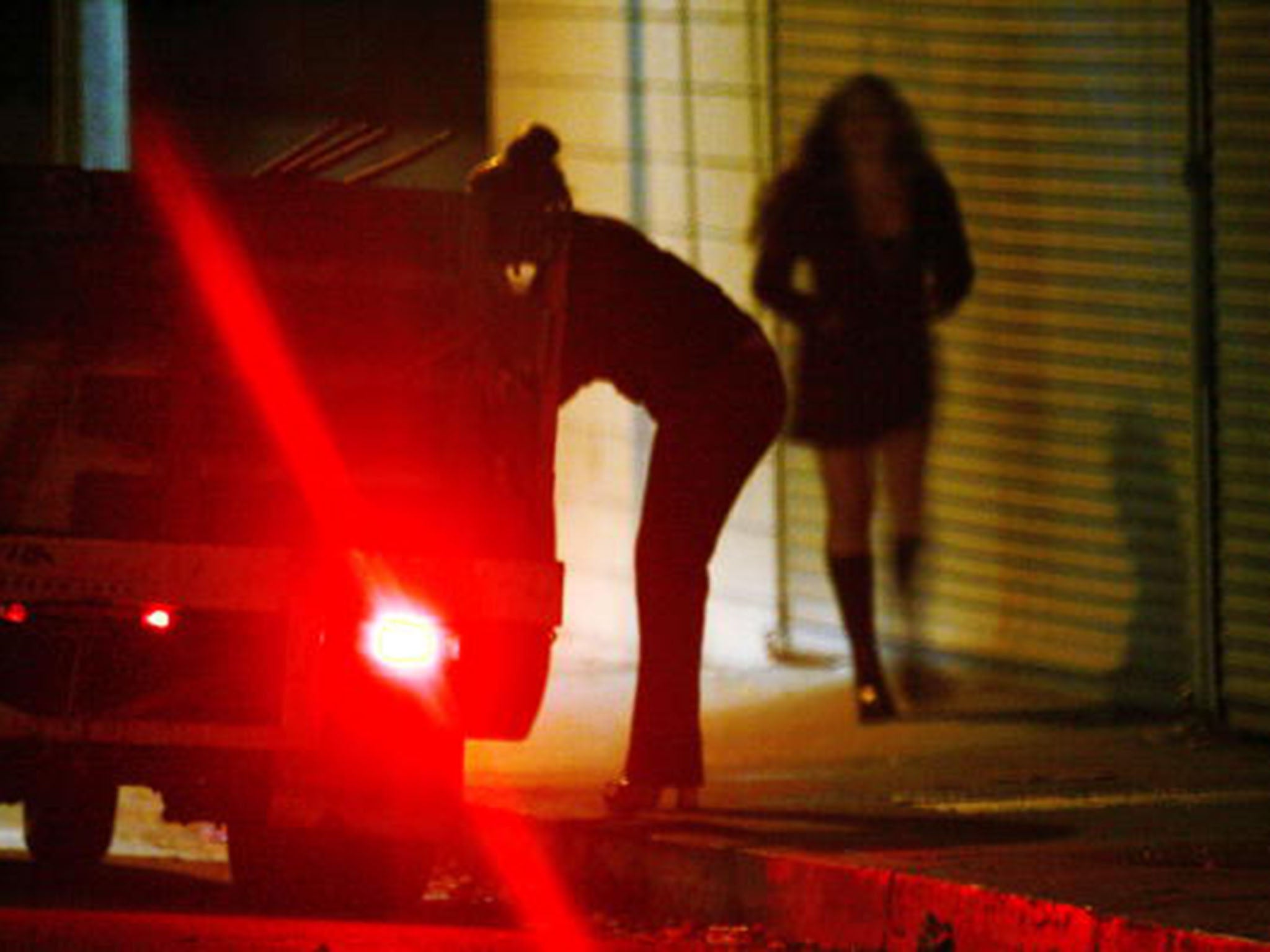Swansea University academic sparks debate after reportedly comparing student sex work to a bar job
University, however, says contextualisation of professor's research is 'regrettably' omitted from coverage

An academic has sparked debate after she reportedly compared students working in the sex industry as being no different to those working in a bar.
According to The Telegraph, Swansea University’s Professor Tracey Sagar argued that students working in the industry should not be prevented from doing so by their universities “unless their welfare is at risk or they start missing lectures.”
The criminologist was discussing a major, three-year long study she helped to conduct, The Student Sex Work Project, at the prestigious Cheltenham Science Festival when the comments were said to have been made.
A member of the pressure group, Parents Out Loud, described the remarks as “incredibly irresponsible and stupid,” reports the South Wales Evening Post, adding: “Whilst you’re still in education, you are a young person who hasn’t had a lot of experience to be able to make the sort of informed decision this requires.”
The university, however, told the Independent Professor Sagar was “very disappointed” with The Telegraph article as she gave the reporter “a lengthy interview which contextualised the research.” Regrettably, added the institution, this seems to be missing from the article.
Along with her colleague and co-author, Deborah Jones, Professor Sagar said of their appearance at the festival: “Our research aims to promote dialogue, challenge stereotypes, and raise safety awareness around students and sex work.
“The study suggests that more than a fifth of students consider sex work to fund their studies - and with increased calls for decriminalisation, the industry is receiving growing attention.”
Results from the Big Lottery-funded study on student attitudes to participation in the sex industry found one in 20 UK students have worked in the sex industry, with more males than females likely to be involved.
Almost 22 per cent of students have considered working in the sex industry, with the report’s authors saying university training for the necessary support was now needed.
From the more than 6,770 students who took part in the three-year long project, more than half (57 per cent) said they turned to sex work to fund university costs, 45 per cent wanted to avoid debt, and 39 per cent were motivated to reduce debt at the end of their course.
The research also focused on the time students worked in the industry and how difficult they found leaving it. Over half reported they had worked in the industry for less than six months with over half, again, reporting they worked only a few hours a week.
The survey also showed that leaving the sex industry is “hard or very hard” for a quarter or less of students; 25 per cent for those involved in direct sex work, and seven per cent for those involved in indirect sex work.
Professor Sagar highlighted how there is now “firm evidence” that students are engaged in the sex industry across the UK, and that the majority of keep their occupations secret “because of social stigma and fears of being judged by family and friends.”
She added: “We have to keep in mind that not all students engaged in the industry are safe or feel safe. It is vital now that universities arm themselves with knowledge to better understand student sex work issues, and that university services are able to support students where it’s needed.”
Join our commenting forum
Join thought-provoking conversations, follow other Independent readers and see their replies
Comments
Bookmark popover
Removed from bookmarks